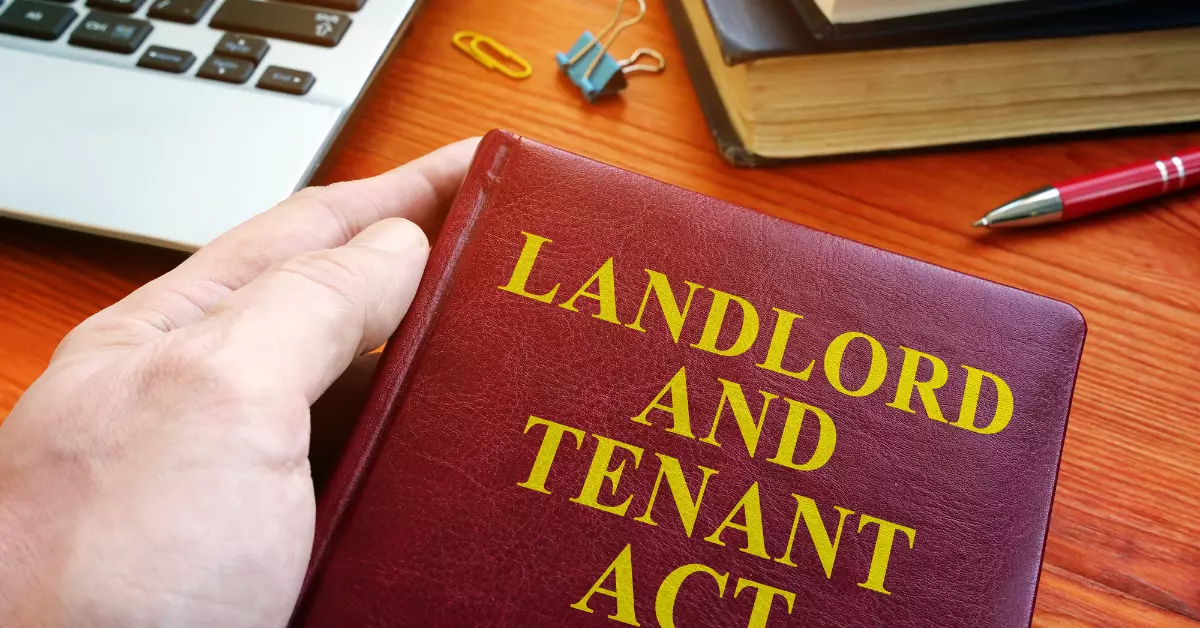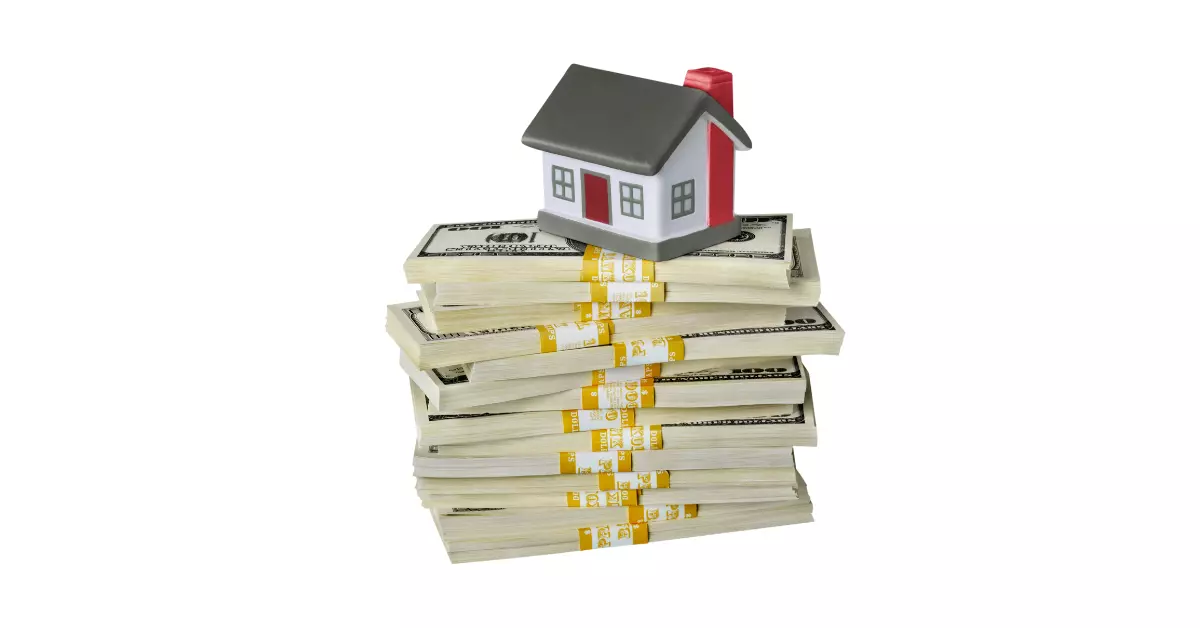When Does a Guest Become a Tenant in Pennsylvania?
A guest becomes a tenant in Pennsylvania if they occupy the dwelling for 30 or more consecutive days. After this time, they are entitled to the same rights and responsibilities as a tenant.
When does a guest become a tenant in pennsylvania? Once a guest becomes a tenant, they are entitled to the same rights and responsibilities as any other tenant under the law.
It is important for landlords to understand their legal obligations towards tenants to ensure that they do not infringe on their rights and avoid potential legal disputes.

Understanding The Legal Definition Of A Tenant In Pennsylvania
If you’re renting out a property, it’s crucial to understand when a guest can become a tenant in Pennsylvania.
Definition Of A Tenant According To Pennsylvania Law
According to Pennsylvania law, a person is considered a tenant if they occupy a rental property in exchange for rent.
Even tenants without a written lease are still subject to the same legal restrictions and obligations as tenants with a written lease.
Here are some factors that need consideration:
Rent payment
If the guest starts paying rent, they become a tenant. Even if they pay for certain utilities or contribute to rent, it can be considered a rent payment.
Occupancy period
If the guest is staying for an extended period, they might be deemed as a tenant.
Possession
Depending on how much control the guest has over the property, it’s possible to categorize them as tenants.
Property use
If the guest is using the rental property as a primary dwelling, then they could be regarded as a tenant.
Tenant Rights And Responsibilities
Pennsylvania law gives tenants various rights and responsibilities that they ought to be aware of. Here are some of them:
- Right to quiet enjoyment: A tenant has the right to quiet enjoyment of the rental property without interference.
- Right to essential services: Tenants have the right to essential services such as electricity, heat, gas, and water unless their lease states otherwise.
- Responsibility to keep the property clean: Tenants must keep the rental property clean and safely remove waste.
- Responsibility to pay rent on time: Tenants must pay rent on time and follow the other financial obligations stated in their lease.
Pennsylvania Tenant-Landlord Act
The Pennsylvania Tenant Landlord Act defines the rights and obligations of tenants and landlords. Here’s what you need to know:

Security deposits
The landlord can ask for a security deposit, but it can’t be more than two months’ rent. The landlord must return the deposit within 30 days of the tenant moving out.
Abandoned property
If a tenant leaves their property behind after moving out, the landlord must store it, return it, or dispose of it correctly.
Repairs
The landlord has a responsibility to maintain and repair the rental property.
Rental increase
If the landlord wants to increase the rent, they must give the tenant a 30-day notice.
Factors That Determine When A Guest Becomes A Tenant In Pennsylvania
Pennsylvania law sets specific criteria for a guest to become a tenant. It’s essential to examine those key factors to determine when the law considers a guest as a tenant. Below are the factors that determine when a guest becomes a tenant in pennsylvania.
Length Of Stay
The length of stay plays a crucial role in determining when a guest becomes a tenant in pennsylvania. If a guest remains in a property for more than 30 consecutive days, the law may consider them a tenant.
In such a situation, the property owner must comply with the state’s landlord-tenant laws, including issuing an eviction notice.
Payment Of Rent
Payment of rent can also be an indicator of guest-tenant status. If the guest makes any payments for staying in the property, the law may consider them a tenant.
Such payments can include direct money payments or contributions to household expenses such as utilities, groceries, or other expenses.

Signage Of Lease Agreement
If a guest signs a lease agreement with the property owner, they automatically become a tenant. It does not matter if the lease agreement only includes renting a part of the property or is for a short duration. Once signed, the lease agreement creates a landlord-tenant relationship between the parties.
Intent Of The Parties Involved
The intent of the property owner and guest is crucial in determining if a guest is a tenant. If the property owner and guest have an informal agreement to share the property or just temporary accommodation, the guest may not necessarily become a tenant.
However, if the parties involved intended to establish a landlord-tenant relationship, the guest would become a tenant.
Proof Of Residency
Lastly, proof of residency can be used to establish guest-tenant status. The law may consider a guest as a tenant if they receive mail or have any document showing the property as their residence. Such documents can include driver’s licenses, voter registration cards, or utility bills.
FAQs for When Does a Guest Become a Tenant in Pennsylvania?
What Is The Definition Of A Tenant In Pennsylvania?
A tenant in Pennsylvania is someone who has the right to occupy a property and pays rent to a landlord.
How Long Can A Guest Stay Before Becoming A Tenant In Pennsylvania?
In Pennsylvania, a guest can become a tenant after staying for more than 15 consecutive days.
What Rights Do Tenants Have In Pennsylvania?
Tenants in Pennsylvania have rights such as habitable living conditions, privacy, and protection against discrimination.
Can A Landlord Evict A Tenant In Pennsylvania?
Yes, a landlord can evict a tenant in pennsylvania for reasons such as non-payment of rent or violating the terms of the lease agreement. The eviction process must follow legal procedures.
Conclusion
Mastering the distinction between a guest and tenant in Pennsylvania is crucial. When you notice extended stays, mail receipts, or key holdings, it’s time to reassess.
Remember, you control who becomes a tenant in your property – protect your rights, your home, and your peace of mind.